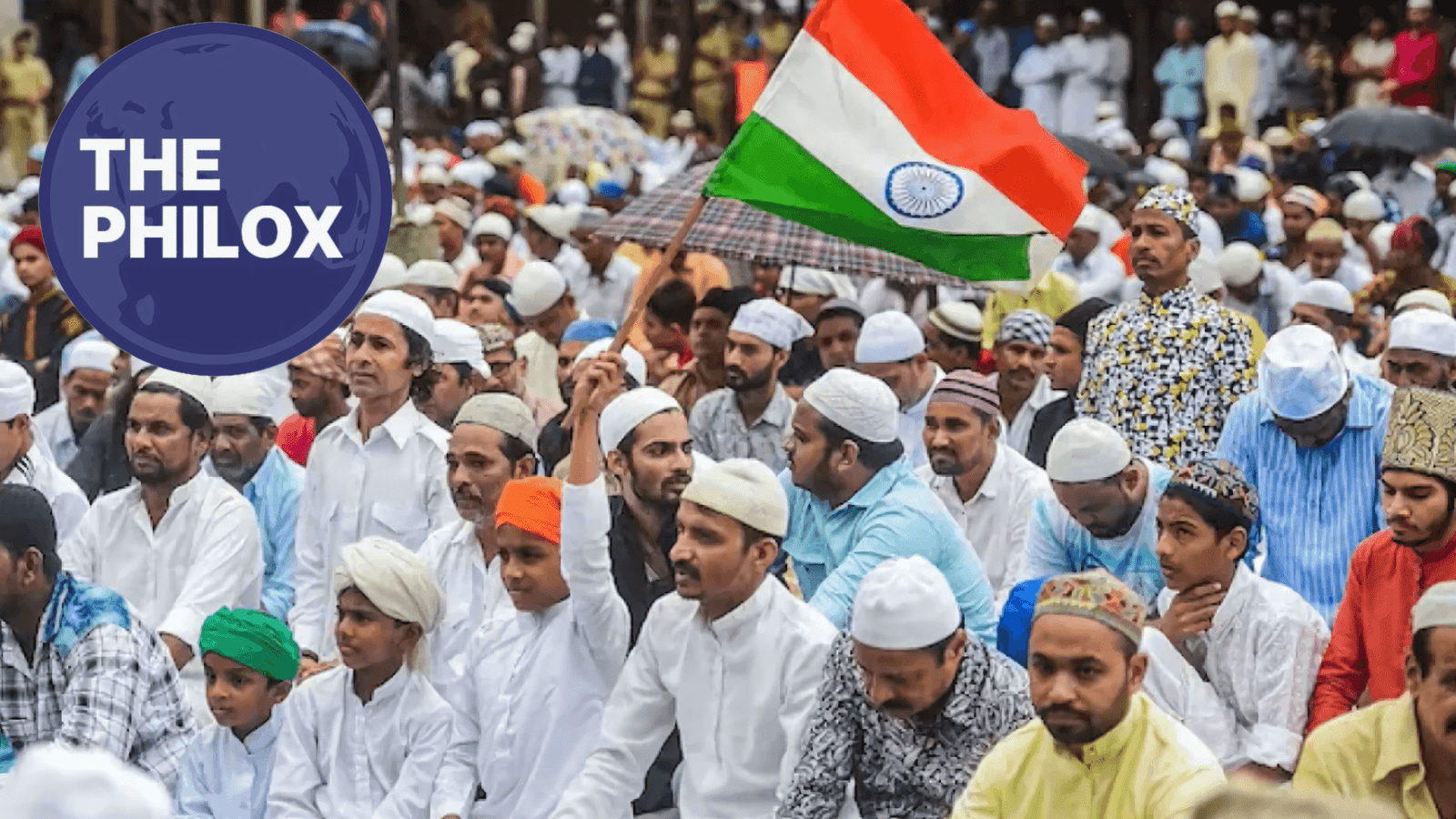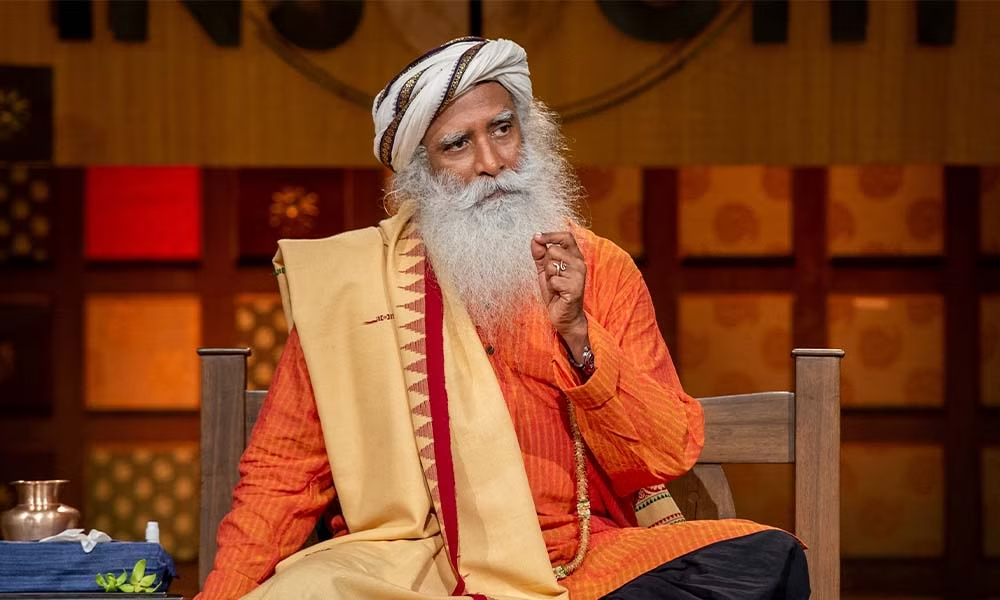The External Affairs Minister of India, S. Jaishankar, has also made an angry appeal against the intimate relations between the United States and Pakistan and his sarcastic comment appears to be a direct attack on previous President Donald Trump and the foreign policy of his administration. Addressing masses at forums and during key international speeches, Jaishankar cast doubt on the US policy in the region over time, and its propensity to forget about Pakistan’s historical connection to terrorism in preference of immediate benefits.
Simply put, India is concerned that the US is becoming excessively friendly to Pakistan, particularly when such a high-profile US politician as their leader, though Pakistan has been accused of sponsoring terrorism. This is evidenced by the comments of Jaishankar who states that India is keeping a close eye on this relationship and will want the world to recall what Pakistan has done in the past.
The “Politics of Convenience”
In one of the biggest public forums, Jaishankar resorted to a sudden twist of tongue when he expressed the US-Pakistan relationship: They have a history with each other. And they have a record of not taking into consideration that history. This is a diplomatic yet an effective way of saying that the US has a tendency to forget the past slippage of Pakistan particularly on the issue of terrorism when it finds it convenient to its own political or military interests.
This criticism follows the Trump administration being perceived to rekindle its relationship with the leadership of the Pakistani military. In the case of India this renewal is a big issue. The comment made by Jaishankar is a clear reminder to Washington and the world of some of the historical events that the US prefers to forget.
The best known case, which Jaishankar himself has cited directly, is the killing of Al-Qaeda leader Osama bin Laden in 2011. The US soldiers caught and killed Bin Laden in Abbottabad, a Pakistani military garrison city, adjacent to the military academy in the country. Essentially, Jaishankar questioned how the US had failed to spot the fact that over the years, a senior terrorist leader was operating directly under the eyes of the military set up in Pakistan. He implies that the resurgence of friendship in the US is a politics of convenience, in which tactical short-term gain is greater than the long-term risk of trading with a nation that India regards as the epicentre of global terrorism.
Repudiating Trump on Ceasefire.
One of the most notable aspects of Jaishankar criticism has been a passionate rejection of repeated public assertions by President Trump that he personally mediated a ceasefire between India and Pakistan during a recent spurt of military confrontation.
The second conflict in question was as a result of a large terroristic attack in the Indian Union Territory of Jammu and Kashmir. India also initiated an operation which was called Operation Sindoor and it involved attacking terror camps within Pakistan and the Pakistan-Occupied-Kashmir (POK).
Trump continuously claimed that it was he who prevented the fighting and he threatened the two countries with trade sanctions unless they ceased.
This is strongly denied by Jaishankar. He publicly in the Parliament made it clear that the termination of hostilities was a bilateral military arrangement that it occurred because the Pakistani side demanded via direct military action a termination of hostilities following the Indian retaliatory measure. He emphasized that no connection was made with US trade or any third party intervention.
He even affirmed the fact that there was a big break, during which no phone calls were made between the Indian Prime Minister and President Trump, which is directly opposed to the statements of the latter that he was constantly involved. In the case with India, to acknowledge the claim of mediation by Trump would be viewed as an acknowledgment that a third party can intervene in the affairs between India and Pakistan, which New Delhi has never conceded.
A Global Warning at the UN
Jaishankar has also extended his message to the international level as he uses his speech at the United Nations General Assembly (UNGA) to give a stern warning. He did not directly mention the US or Pakistan, but he warned those who justify the behavior of countries that fund terror that it would eventually backfire.
He referred to Pakistan as the epicentre of world terrorism, noting that over the decades, key terrorist attacks on the world are commonly linked to the nation and that the list of terrorists designated by the UN is dominated by citizens of this country.
The general impression is evident, India is not going to remain silent as the big world powers seem to turn a blind eye on what Pakistan has done and what it is doing. India is becoming demanding in its independent foreign policy, and it has so far said that it will never allow its national interest to dictate its decisions and has also advised the rest of the global community on the perils of treating some forms of terrorism selectively. This is a major attribute of the Indian foreign policy being followed now.









One thought on “S Jaishankar Targets Trump’s Alleged Support for Pakistan”